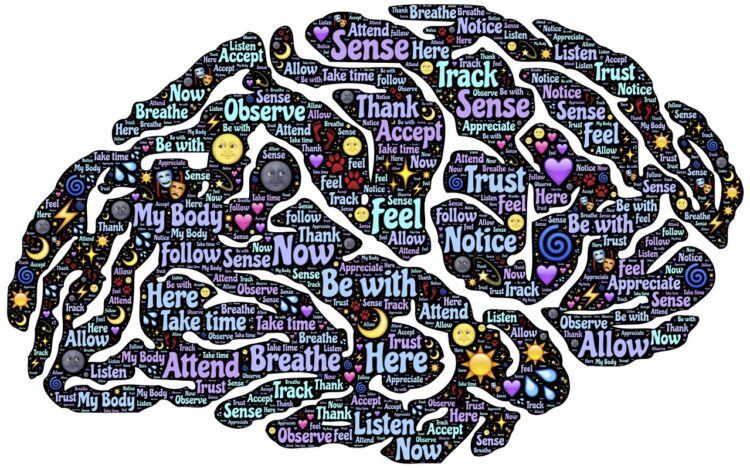Last Updated on November 4, 2022 by Editors Desk
Mindfulness has many benefits that are well-known and increasingly researched. Why should you practice mindfulness? Many people wonder if they’ll like it. Here are some answers to common questions about practicing mindfulness, as well as tips for incorporating into your everyday life.
What is mindfulness?
Mindfulness is the state of paying attention on purpose, in the present moment, and with open, non-judgmental awareness. It’s “being in the here and now” while also “being aware of and accepting the fact that you are in the here and now.” Challenges to our attention are common, both at home and at work. Mindfulness is a skill we can develop to hold our attention in the present moment, regardless of the circumstances. Mindfulness is an integral part of practices that have originated in ancient Eastern cultures, such as yoga, tai chi, and martial arts. There are also many secular practices, such as meditation and yoga, that can help cultivate mindfulness. The benefits of mindfulness practice are many, including:
How to practice mindfulness
Start by sitting comfortably. If you’re practicing in silence, turn off any media that’s distracting: TV, radio, music, etc. Eyes closed. Take a few deep breaths, noticing where your attention is on each breath. With eyes still closed, gently scan your body. Notice any areas of tension or areas of relaxation. Scan both sides of your body. Notice how different parts of your body feel together. When you’re ready, open your eyes. What did you notice? Try to put your mind back into the present moment.
Why practice mindfulness?
Mindfulness can have many benefits, including:
Reduced stress and improved mood: More and more research is finding that practicing mindfulness can reduce stress and improve mood. Mindful activities, such as yoga or meditation, can help people experiencing depression, improve their focus and decrease their emotional reactivity. Mindfulness can also help with anxiety and improve attention in everyday life.
Improved concentration: Mindfulness can help people with ADD focus better in both work and leisure activities. Mindful activities involve being present and in the moment, rather than being distracted by unnecessary thoughts.
Better sleep: Research has found that practicing mindfulness can reduce insomnia, insomnia associated with stress, and increase sleep quality. – Better relationships: Mindful activities, such as yoga or meditation, can build emotional resilience, helping people deal better with life’s challenges and build stronger, healthier relationships.
How does mindfulness feel?
Many people wonder what it feels like to practice mindfulness. You’ll notice that practicing mindfulness isn’t about feeling a specific emotion or sensation. You’re simply bringing your attention to different parts of your body and noticing how they feel. You’ll notice that you’re not trying to change how you feel, just noticing what’s there. Start by just sitting, breathing, and scanning your body. Notice where your attention is. If it wanders, gently bring it back to the present moment.
Which practices lead to improved mindfulness
Mindfulness is an important skill to cultivate regardless of your specific purpose. Practicing mindfulness can increase your well-being and lead to better relationships with others. A few specific practices have been found to be particularly helpful for improving mindfulness: – Mindful breathing: Mindful breathing, either through diaphragmatic breathing or yoga breathing, involves bringing your focus to your breath. Practicing this can help you stay in the present moment, reduce stress, and calm down when you’re feeling stressed or anxious. You can also use breathing to help you remain focused for longer periods of time. – Mindful eating: Mindful eating involves bringing your focus to what you’re eating, rather than how much you’re eating or how it tastes. You can also use mindful eating to reduce stress and improve your mood. – Mindful movement: Practicing mindful movement involves paying attention to your body while doing everyday activities, such as cleaning or walking. This can help you remain present and reduce stress. It can also help you notice different parts of your body in different ways, potentially leading to physical healing.
Conclusion
Mindfulness can have many benefits, including reduced stress and improved mood, improved concentration, better sleep, and better relationships. It’s important to note, however, that mindfulness isn’t a specific emotion or sensation. Practicing mindfulness is simply about bringing your attention to different parts of your body and noticing what they feel like. You’re not trying to change how you feel, just noticing what’s there. Mindful activities, such as yoga or meditation, can help you cultivate mindfulness. You can also try pairing mindfulness with other positive behaviors to get the most out of your practice.



